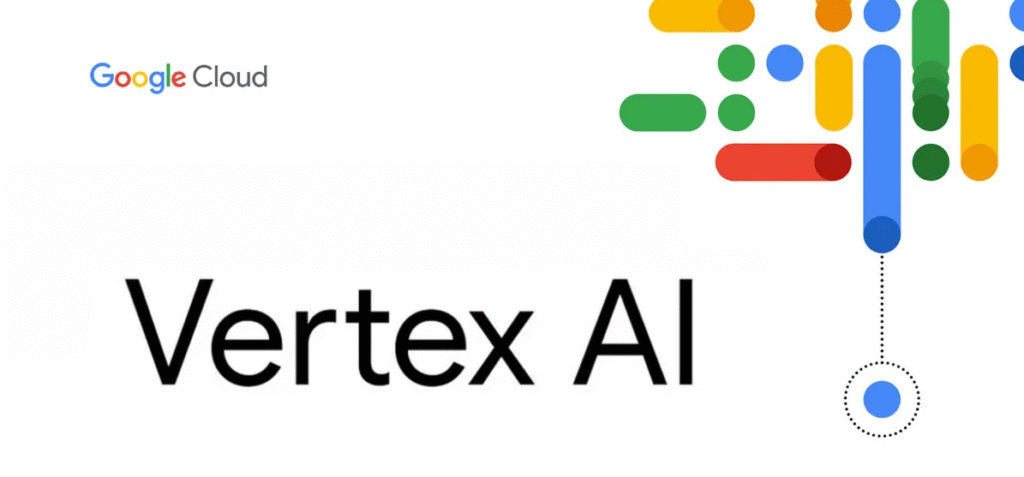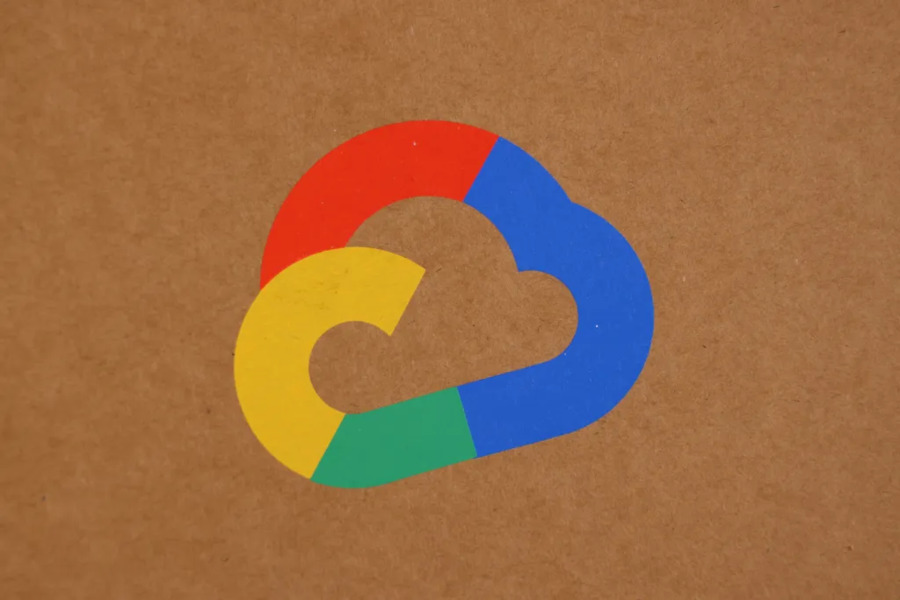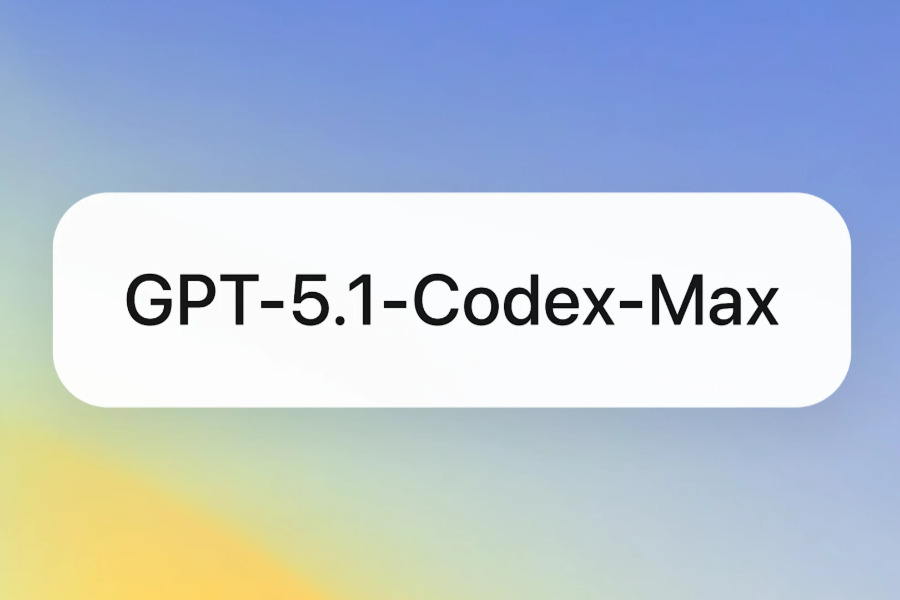In a significant move to solidify its position in the competitive enterprise AI landscape, Google Cloud has announced a comprehensive suite of upgrades to its Vertex AI platform.
This ambitious rollout is strategically designed to empower businesses to build, scale, and manage sophisticated AI agents with greater efficiency and reduced reliance on large, specialized machine learning teams.
The announcement, made recently, introduces a powerful combination of a new open-source Agent Development Kit (ADK), the fully-managed Vertex AI Agent Engine, and enhanced security controls. Industry analysts view this as Google’s decisive play to maintain a competitive edge against rivals like Microsoft and Amazon in the rapidly evolving “agentic” AI software race.
What is Vertex AI Agent Builder
The cornerstone of this update is the open-source Agent Development Kit (ADK). This framework, native to both Python and Java, is engineered to drastically reduce development time, enabling developers to assemble production-ready AI agents in hours rather than weeks. The ADK simplifies the process by providing a unified API for chaining large language model (LLM) prompts, integrating third-party services, and triggering complex enterprise workflows.
To further accelerate deployment, Google is providing a repository of out-of-the-box templates for common use cases, such as customer service bots, code-review assistants, and supply-chain planners. These templates, available on a dedicated GitHub repo, can be directly deployed to the Vertex AI Agent Engine, Google’s managed runtime for autoscaling agents globally.
Early adopters have already reported substantial efficiency gains; for instance, Priceline noted that using these boilerplates cut six weeks from their hotel-recommendation agent project timeline.
What is Vertex AI Agent Engine
Complementing the ADK is the serverless Vertex AI Agent Engine, which handles the heavy lifting of infrastructure management. This execution layer abstracts away complexities such as GPU provisioning, quota management, and cold-start latency, allowing development teams to focus purely on application logic.
The engine automatically provisions endpoints powered by Google’s Gemini models, enforces identity and access management policies, and provides built-in observability by emitting OpenTelemetry traces directly into Google Cloud Monitoring. A key feature for reliability is its self-healing capability, which autonomously retries failed tool calls, switches to fallback models, and rolls back problematic revisions without requiring manual intervention.
Acknowledging the multi-model reality of enterprises, the engine also supports “bring-your-own-model” endpoints, allowing companies standardized on models like Meta’s Llama or Anthropic’s Claude to leverage the same robust observability and scaling infrastructure.
From a cost perspective, Google is positioning itself aggressively, with pricing starting at $0.12 per 1,000 chat turns, a rate that, coupled with committed-use discounts, is reported by analysts like Gartner to be highly competitive with comparable offerings like Azure AI Studio.
Vertex AI Security and Governance

Recognizing the critical importance of trust and compliance, Google has fortified Vertex AI with a new set of security and governance features aimed squarely at regulated industries. Administrators now have fine-grained control, allowing them to assign service accounts on a per-agent basis, attach VPC Service Controls, and implement attribute-based policies. These policies can, for example, prevent prompts containing personally identifiable information (PII) from being processed outside the European Union.
Furthermore, agents can be tagged with data-classification labels that enforce strict data residency for encryption keys—a fundamental requirement for regulations like GDPR, HIPAA, and the forthcoming EU AI Act.
Google also previewed “Model Armor,” a guardrail service designed to scan AI outputs for toxicity, copyright infringement, and hallucinated code before any response is delivered to an end-user. Financial institutions are already benefiting; early users at BNP Paribas reported a 40% reduction in compliance documentation for an internal credit-risk agent.
A Growing Ecosystem: Gemini’s Role and Market Validation
The expansion of the Vertex AI ecosystem received a significant external validation with a report from Bloomberg revealing that Apple has agreed to pay Google an estimated $1 billion annually to process Siri queries through the Gemini 1.5 Pro model. This deal, anticipated to be formally announced at Apple’s WWDC, serves as a powerful testament to Google’s claim that Vertex AI delivers industry-leading latency for complex, multi-modal requests—spanning text, image, and on-device context—at a planetary scale.
Industry insiders suggest that this substantial revenue stream from Apple will effectively subsidize continued innovation within the Vertex AI platform, potentially allowing Google to maintain generous free-tier offerings for the ADK and Agent Engine to attract and retain developers.
Final Words on Vertex AI
With the Agent Development Kit now available on GitHub under an Apache 2.0 license and the Vertex AI Agent Engine in general availability across 24 Google Cloud regions, the barrier to entry for developing advanced AI agents has never been lower.
New customers are offered $300 in credits, sufficient for processing approximately 25 million tokens with Gemini 1.5 Pro, and can schedule a architecture review with Google’s AI solutions team.
The momentum behind Vertex AI shows no signs of slowing, with Google planning to showcase customer case studies at its Next ’25 event in London, where the announcement of multi-modal agents capable of reasoning across data from Google Workspace, BigQuery, and SAP is highly anticipated. This comprehensive rollout firmly establishes Vertex AI as a mature, enterprise-grade platform ready for the next wave of AI adoption.
Read More: Google Poised to Launch Nano Banana 2



